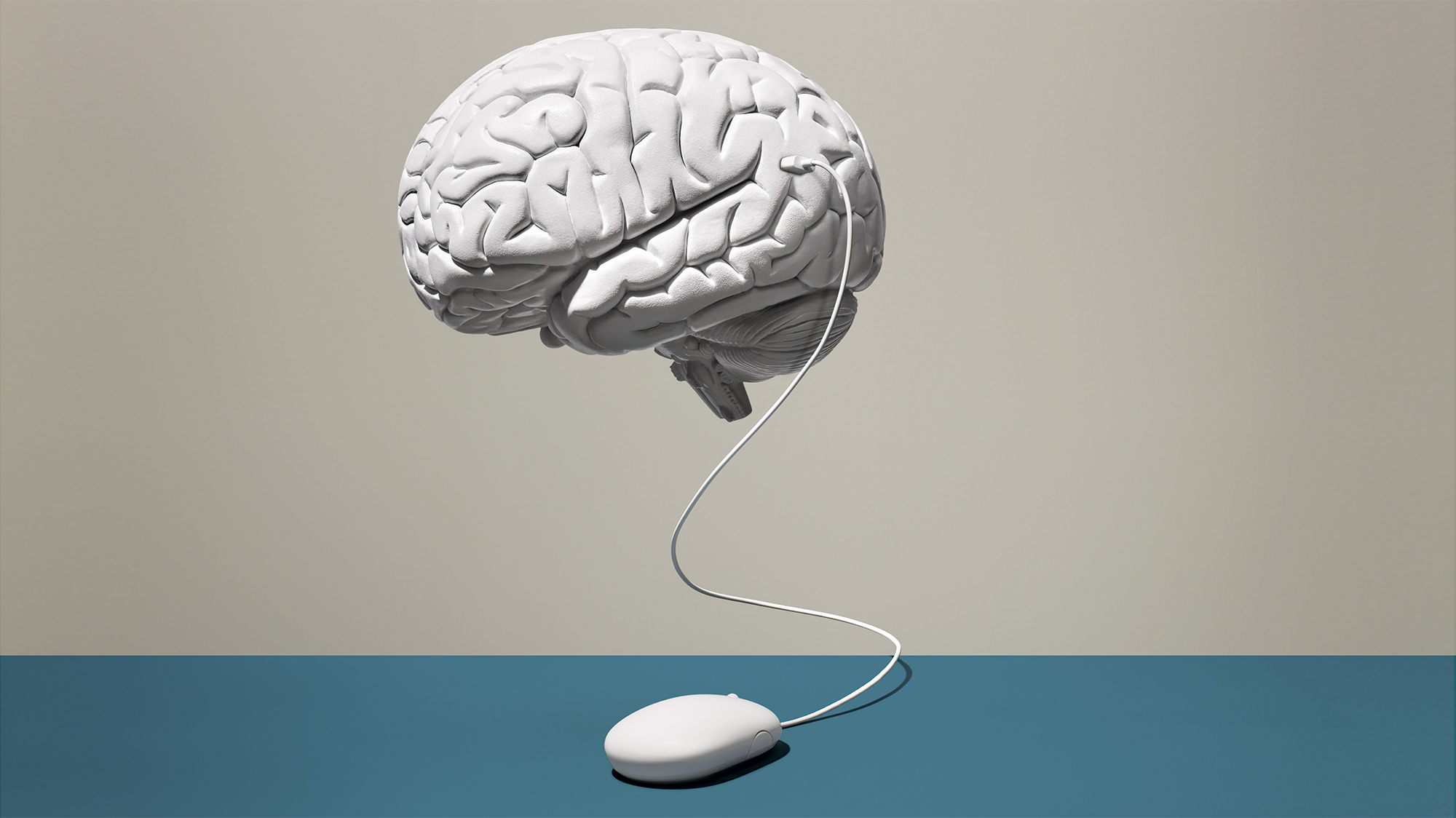What is Cognitive Decline?
Cognitive decline refers to the gradual deterioration of cognitive abilities such as memory, reasoning, problem-solving, and concentration. It can occur naturally with aging but may also result from medical conditions like dementia, Alzheimer’s disease, or stroke. Mild cognitive decline may cause occasional forgetfulness or difficulty focusing, while more severe cases can impact daily life, making it hard to perform routine tasks. Factors like poor lifestyle choices, chronic diseases, and lack of mental stimulation can accelerate cognitive decline, but engaging in brain-stimulating activities, maintaining a healthy diet, and staying physically active can help slow its progression.
Learn how early adoption of digital therapeutics can slow cognitive decline and improve life for caregivers.
As the global population ages, cognitive decline has become a significant concern for many individuals and their caregivers. Fortunately, digital therapeutics are emerging as a promising solution to help slow cognitive decline and improve the quality of life for both patients and caregivers. In this blog post, we will explore how early adoption of digital tools can make a difference.
The Importance of Early Intervention
Early intervention is crucial in managing cognitive decline. Research has shown that addressing cognitive issues early can slow the progression of conditions like mild cognitive impairment (MCI) and dementia. Digital tools, such as mobile apps and online platforms, offer accessible and engaging ways to support cognitive health.
How Digital Tools Help
Digital tools for cognitive health come in various forms, including cognitive training apps, virtual reality experiences, and wearable devices. These tools provide personalized interventions that can help maintain cognitive function, improve memory, and enhance problem-solving skills. Here are some key benefits:
- Cognitive Training: Apps like BrainHQ and Lumosity offer exercises designed to improve memory, attention, and processing speed. These exercises are backed by scientific research and can be tailored to individual needs, making them an effective tool in slowing cognitive decline.
- Virtual Reality: VR experiences can simulate real-world scenarios, helping users practice daily tasks and improve spatial awareness. For example, virtual grocery shopping or cooking can help individuals with MCI maintain their independence and confidence in performing everyday activities.
- Wearable Devices: Devices like Fitbit and Apple Watch can monitor physical activity and sleep patterns, both of which are essential for cognitive health. Regular physical activity has been shown to enhance cognitive function, while quality sleep is crucial for memory consolidation and overall brain health.
Benefits for Caregivers
Digital tools not only benefit individuals experiencing cognitive decline but also provide valuable support for caregivers. By using these tools, caregivers can track the progress of their loved ones, manage care plans, and receive real-time updates. This can reduce the burden on caregivers and help them feel more in control of the situation.
Study References
Several studies have demonstrated the effectiveness of digital tools in preventing cognitive decline:
– ADL+: A Digital Toolkit for Multidomain Cognitive, Physical, and Nutritional Interventions: This study evaluated the efficacy of an AI-enabled digital toolkit integrating cognitive assessments and multidomain interventions on cognitive function, activity levels, and quality of life in older adults. You can find the study [here].
– The Effectiveness of Digital Technology Interventions for Cognitive Function in Older Adults: A systematic review and meta-analysis of randomized controlled trials that explored the effectiveness of digital technology interventions in improving cognitive function in older adults. You can find the study [here].
– Digital Therapeutics for Patients with Mild Cognitive Impairment: This study reported on the design of a smartphone-based multidomain intervention tailored to patients with MCI. You can find the study [here].
Real-World Applications
Digital tools are already making a difference in the lives of many individuals. For instance, a pilot program in Japan utilized virtual reality therapy to engage elderly residents in nursing homes. The results were promising, with participants showing improvements in mood, cognitive function, and social interaction.
Another example is the use of cognitive training apps in schools to support students with learning disabilities. These apps provide personalized exercises that target specific cognitive skills, helping students improve their academic performance and overall well-being.
Conclusion
Early adoption of digital therapeutics can play a vital role in slowing cognitive decline and improving the quality of life for both patients and caregivers. By leveraging these innovative tools, we can take proactive steps to maintain cognitive health and enhance overall well-being. As technology continues to advance, the potential for digital tools to revolutionize cognitive care is immense, offering hope and support to millions of individuals worldwide.





